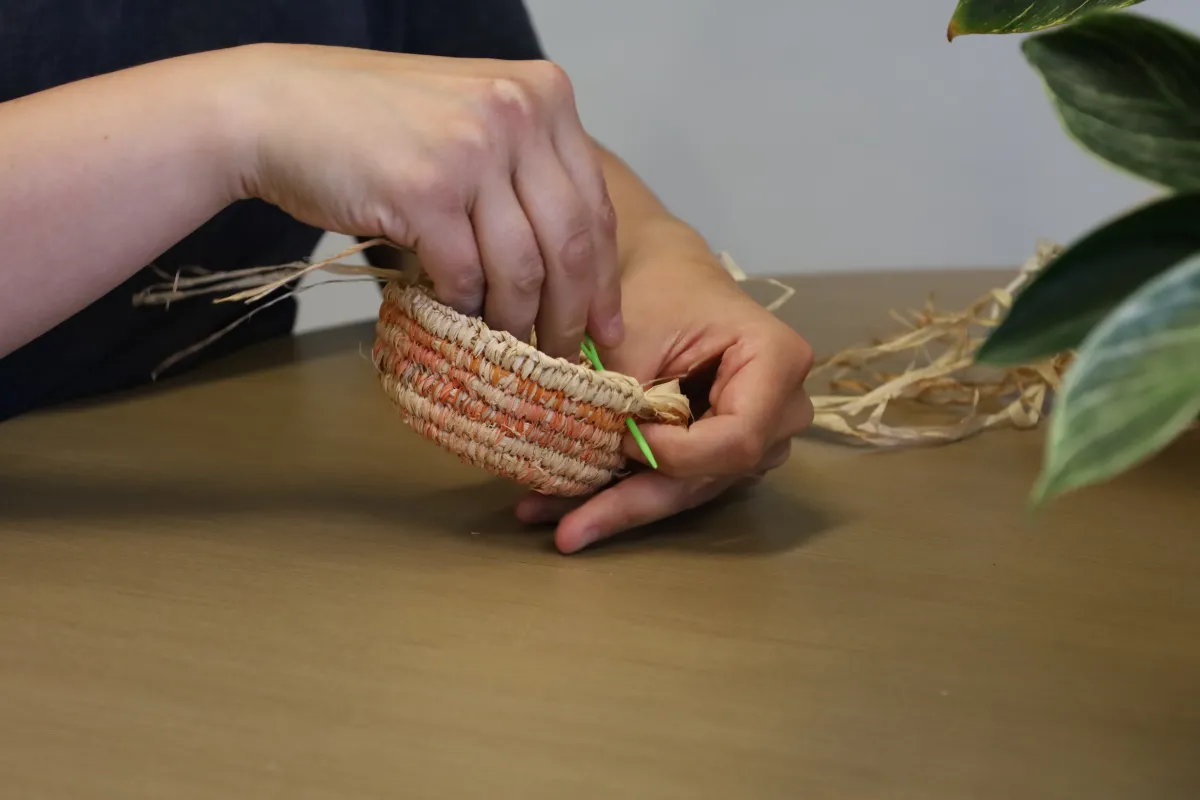An Indigenous lens on Belonging in the ACT region

What it means to belong is a complex but vital question to be explored for urban Aboriginal and Torres Strait Islander peoples communities.
We know that connection to culture and identity strengthens health and wellbeing and impacts broader social outcomes such as education, housing and employment. But this connection may be harder to find when living away from Country and family, or when living in a built environment which does not facilitate cultural practices.
With help of funding from the Australian Research Council’s (ARC) Discovery Indigenous scheme, Dr Sarah Bourke (Gamilaroi, Jaru, Gidja) is looking to collaborate with Aboriginal and Torres Strait Islander community members and organisations in and around her hometown of Canberra to co-design an in-depth yarning project.
Individuals and groups will be asked to share their knowledge and stories about what belonging means to them, and how finding a sense of belonging helps improve wellbeing for themselves and the community as a whole.
“As our urban communities become increasingly diverse, how we find a sense of belonging beyond our traditional connections is an important question to be answered for mob living in cities.
“The idea for this project came from many conversations I have had with other Aboriginal and Torres Strait Islander people about what enables them to be well and live a good life. Everyone said that it was about knowing who you are, where you belong, and being able to connect with Country, culture, and community wherever you live.”
Dr Bourke is one of the nine successful grant applications for the 2023 round of ARC Discovery Indigenous scheme. She is also the only individual researcher to have won a grant under this scheme.
“This ARC grant will enable me to become the kind of researcher I really want to be – working with my community to undertake research which truly reflects who we are and what we want for futures.”
Pictured: Dr Sarah Bourke weaving baskets.
